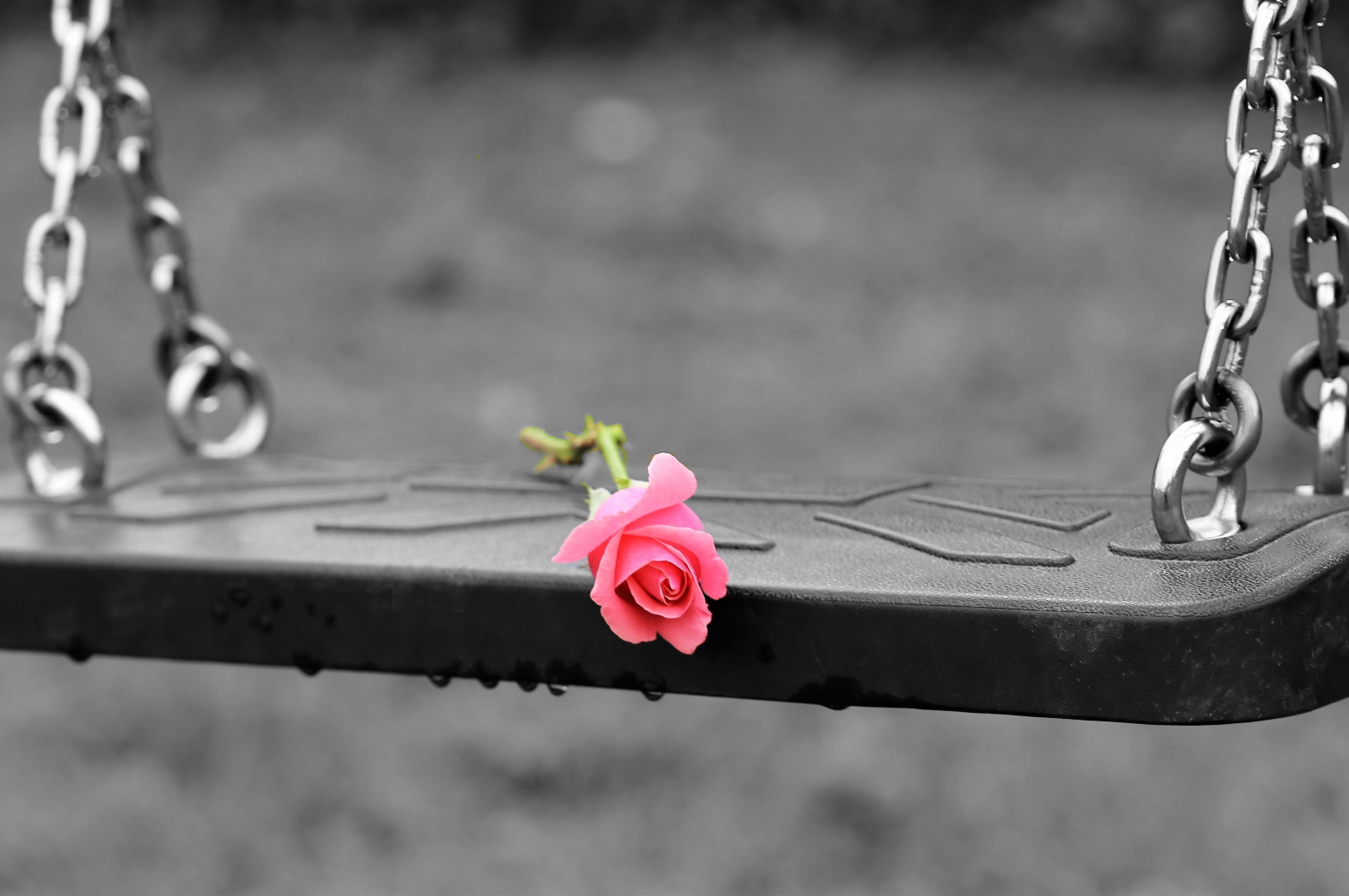Supporting Someone Who Has Experienced Child Loss

If someone in your life has experienced child loss and you are unsure how to help, use this guide to offer your support.
Is there someone in your life who has experienced child loss? Do you want to be supportive through their grief, yet you are unsure what to say? This is a common feeling and it does not mean you are a bad friend. Grief is a difficult subject for many people, and the loss of a child is especially painful. Many people consider it the ultimate tragedy. That means it is even more difficult to know what to say or do when someone in your life is grieving the loss of their child.
In this article, we will provide a greater understanding of child loss, discuss what parents are going through as they grieve, and share how you can help. We will also discuss what not to do as you try to support a friend grieving a child loss.
What is Child Loss?
Many people think of child loss in one narrow definition. Some people think it means miscarriage, while others think it means the death of a child under the age of 18. In truth, both of those common definitions are correct, but child loss means other things, too. No matter how old a person’s son or daughter was when they died, parents experience devastating grief. So, child loss can mean miscarriage, the death of a young child or teen, or the death of someone older. To a parent, a child loss at any age is still a child loss.
What Do Parents Experience When a Child Dies?
If you’re hoping to support someone who is grieving after the loss of a child, it’s important to first understand what the surviving parent is going through. When a child dies, parents certainly feel all of the most common emotions tied to grief: sadness, numbness, anger, helplessness, guilt, and more. In addition, parents who lose a child often feel a sense of injustice that won’t go away. They feel as though this loss never should have happened. They feel as though they should not have out-lived their child, and that their loss violates the rules of life. Many parents who have lost a son or daughter say they are merely “existing” but no longer truly living. Indeed, the loss of a child leaves an indelible mark that never heals. Bereaved parents lose a part of themselves and they are never the same.
For many parents, the death of a child sets them on a search for meaning in their loss. They want to understand how this loss fits with their life, and whether there is a lesson they are meant to learn. While many bereaved parents rely on their faith, others face “religious confusion” or may even lose their faith. Whatever feelings are coming up for individual parents, they are likely to experience them for many months, or even years.
What Can I Do to Help?
If you’re reading this article, it means your heart is in the right place. When you approach the parent in need, lead with honesty. It’s perfectly fine to say, “I don’t know what to say. I can’t imagine what you’re going through.” Many people consider it taboo, but it is also okay to ask what happened or to say, “Tell me about him/her.” Many parents appreciate the opportunity to talk about their child. They want to know their child has not been forgotten, and they want to celebrate all the wonderful things about them that made them special.
Once you break the ice and begin a conversation, the best thing you can do is to imagine yourself as a “heart with ears.” Be an active listener and stay focused on every word they share. You can react with facial expressions, but try not to interrupt. It can be difficult for grievers to come up with the words to express what they want to say, so be patient. It’s not easy to do what they are doing – talking openly about the most painful thing that has ever happened to them. Make sure they feel listened to and safe, even if you feel nervous or uncomfortable. Remember, it’s not about you.
It’s common to want to be strong for a griever in need. However, it is perfectly acceptable to cry along with them. Conversely, it is okay to laugh with them, too, if they say something humorous.
What are Common Mistakes to Avoid?
We have all experienced loss of some kind, but try not to compare loss with a grieving parent. Even if you have experienced child loss, too, try not to assume you know what someone else is experiencing. Of course, conversations with people in grief are bound to bring up memories of loss for you, too, and it’s always alright to tell the truth about yourself. You can say, for example, “I don’t know how you feel, but I can relate to what you’re saying.”
Another common mistake is to assume a bereaved person needs time and space to be alone. Many grieving people feel better with support nearby. They may even feel like something is wrong with them if you begin avoiding them. So, show up for a friend going through child loss. Call, text, or ask outright if they would like company. Every person’s grief journey is unique, so listen to their answer and respect it.
When you want to offer someone support, it’s common to say things like, “Let me know if you need anything.” However, this puts the onus on the griever to come to you with a need. In truth, they may not be able to put into words what they need. They may also be afraid to ask for help. Instead, come up with a way to help on your own. Tell them you will bring a meal on a particular day, or that you will run specific errands for them. If a bereaved parent has other children, ask whether you can spend time with them or help with school pick-ups and drop-offs. Be specific and thoughtful about ways you can help.
Concluding Thoughts on Supporting Someone Grieving a Child Loss
Reaching out to a bereaved parent to offer support or help is always a good decision. Even if you don’t know what to say or you feel uncomfortable, you can still make a positive impact. Remember to keep showing up for them, too, because grievers need help and support for months, especially after something as painful as the loss of a child. It won’t be easy, but your efforts will be meaningful.



